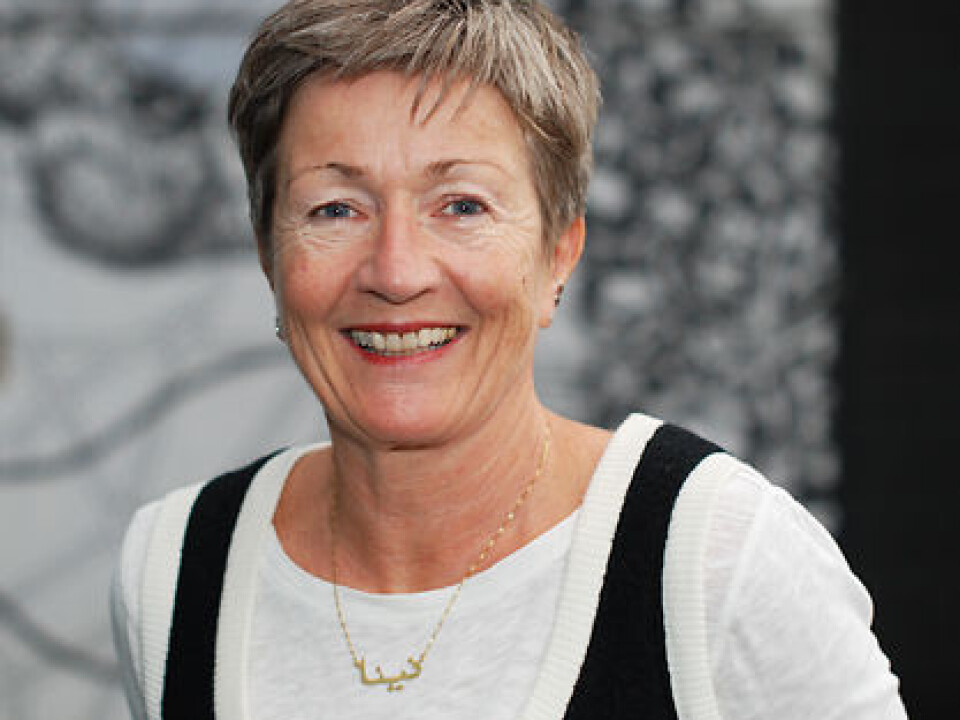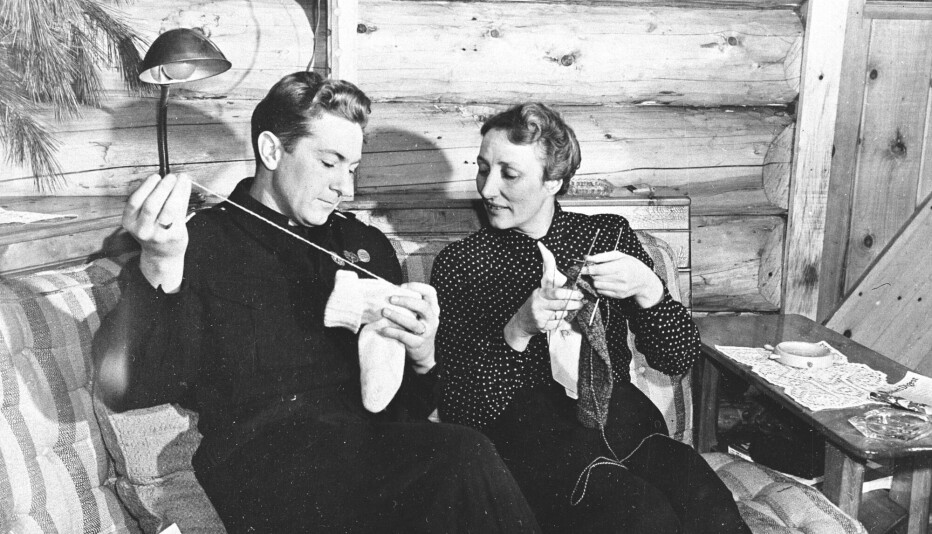This article was produced and financed by Oslo Metropolitan University

Sharing work problems keeps staff healthier
If employees in nursing and care services have no opportunites to share their experiences, the number of sick leaves will rise .
Denne artikkelen er over ti år gammel og kan inneholde utdatert informasjon.
Daily working life in the nursing and care services represents challenges for which there are no straightforward solutions.
In some cases, patients and relatives can prove particularly demanding, and managing duty rotas with minimum staffing can present challenges. Professional duties such as complicated nursing tasks and death are situations where many feel inadequate.
“The nurses perform many of their duties alone. The lack of arenas where they can meet and discuss their work creates a form of isolation, and they find that the work they do offers no professional development. Many find it difficult to ask colleagues for help and often feel powerless and isolated,” says working life researcher Nina Amble at Oslo and Akershus University College of Applied Sciences, who has written her doctoral thesis on coping in working life.
“People who work with people face far more challenges on the personal level than people in other occupations, and are consequently more vulnerable,” says Amble.

As a sector, health and social services reports the highest level of sickness absence in Norway. In the second quarter of 2012, the rate of doctor-certified sickness absence in the health and social services sector was 7.6 per cent, while the rate for the other sectors combined was 5.2 per cent.
Would like more community of practice
Amble’s study shows that reflecting on one’s work duties enhances coping and, consequently, well-being.
Together with researcher Elisabeth Gerberg at University of Oslo, Amble has developed and tested a reflective tool for coping in the nursing and care sector and written a handbook on commission from the Directorate of Health.
The handbook is used as a tool for initiating reflection groups, and is based on a development project and on close cooperation with personnel in the nursing home and home care services, as well as experiences from other parts of the services sector between 2000 and 2011. During this period, Amble and Gjerberg were employed by the Work Research Institute.
“We saw that good practice can be taught and further developed, and those who participate in reflection groups became better acquainted with their colleagues. This makes it easier to help each other.”
“People like talking about their job, and it’s a matter of organising work duties so that colleagues can share experiences. We must facilitate more communities of practice,” Amble concludes.
She says that the idea behind reflection groups is to create a healthy working environment characterised by professional development, well-being, and job satisfaction.
“It strengthens collegiality and reduces sickness absence.”
Number of leaders reduced
After one year, the researchers say that many continued to attend reflection groups, but some stopped, despite the fact that they found it interesting and fun.
Amble emphasizes that the way in which geriatric care services in Norway are organised is influenced by new public management and that, due to rationalisation, the number of managers in the first-line services is being reduced.
She believes that geriatric care services in Norway hold a unique position compared to the other Nordic countries in that we have managers with responsibility for many employees in small part-time positions.
Unfortunately, when management is overloaded, it is easy for good initiatives such as development and learning to fall between two stools, according to Amble.
The municipalities that do manage to prioritise reflection and development often have a cross-sectoral professional structure.
Coping strategies
The articles that make up the thesis are based on three action research projects: one in air transport and two in the municipal health service.
It began with a project at the main airport at Gardermoen in 2000, where Amble and Gjerberg looked at how service staff tackled difficult encounters with customers. This was in the period just after the airport opened.
“We found that the staff used different strategies for resolving difficult situations. Some coped very well, and were happy when they managed to succeed,” says Amble.
Amble and Gjerberg subsequently found that the employees used four different strategies to resolve difficult situations, which they called conductor, enthusiast, surfer, and toiler.
Amble believes that these strategies contribute to determining whether employees burn out, and that employees are most satisfied when they feel they are performing their job well.

































